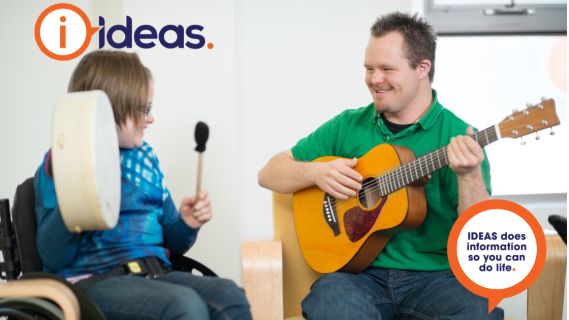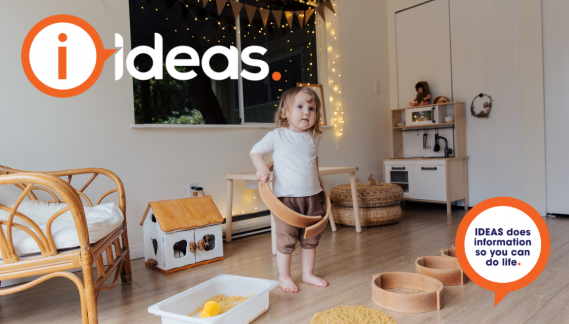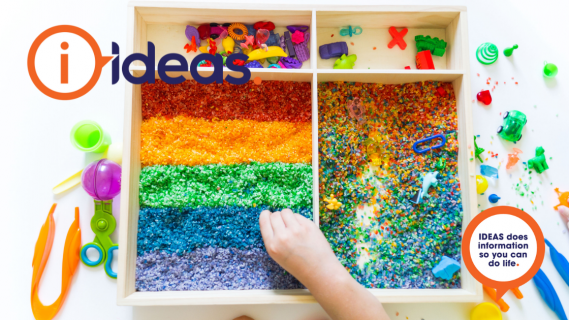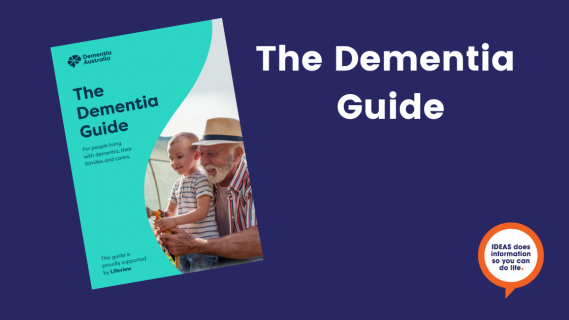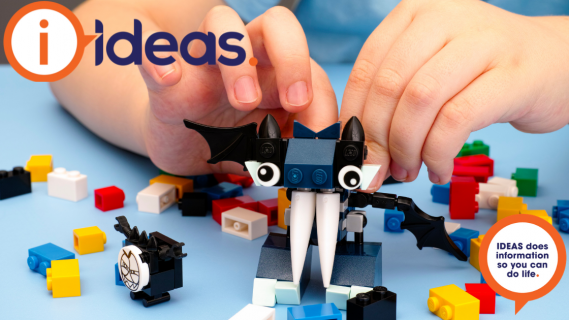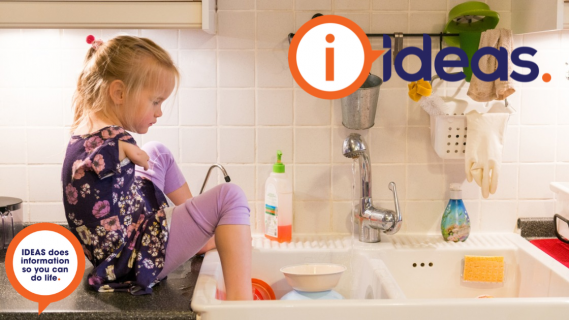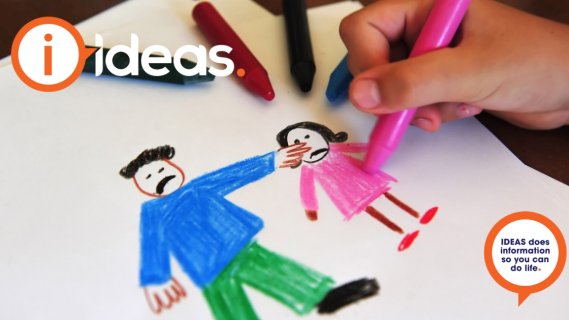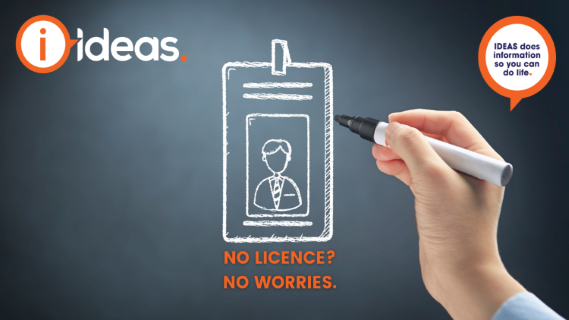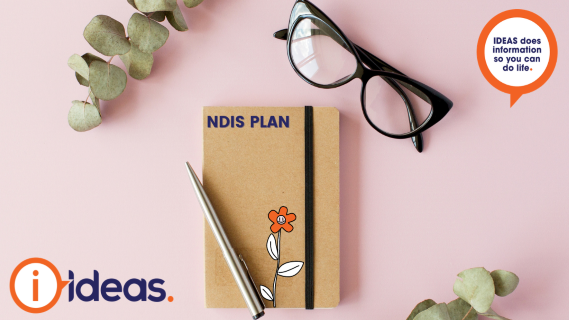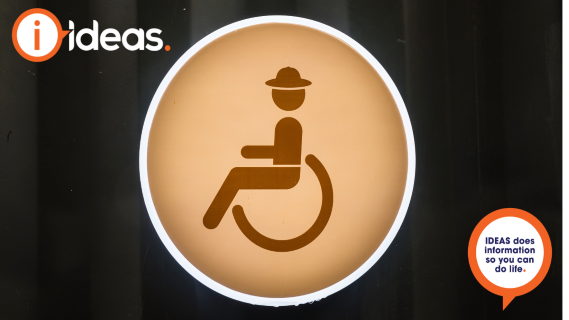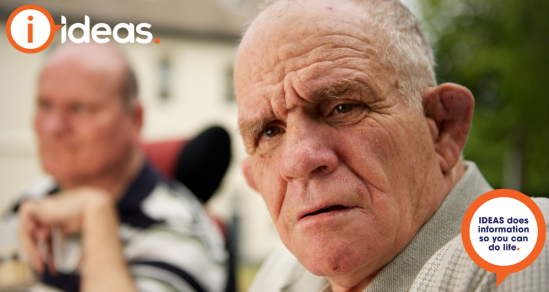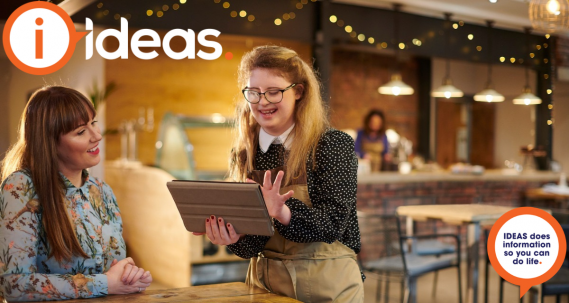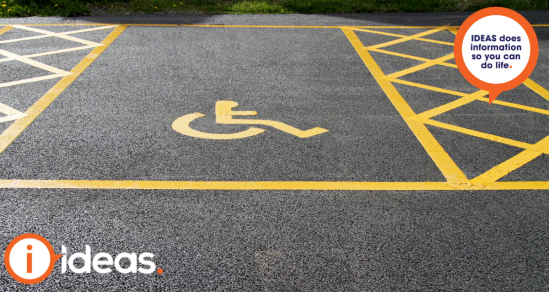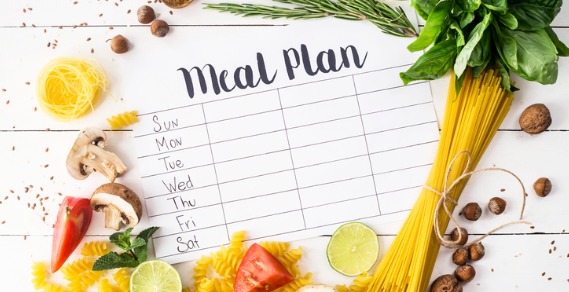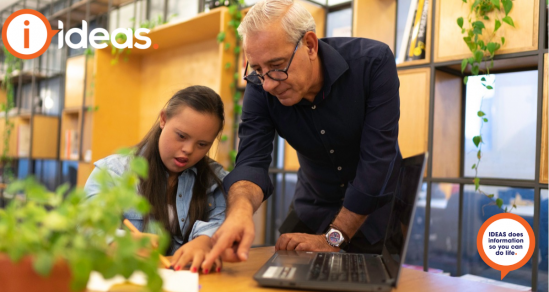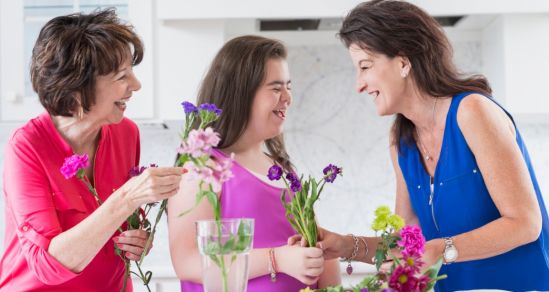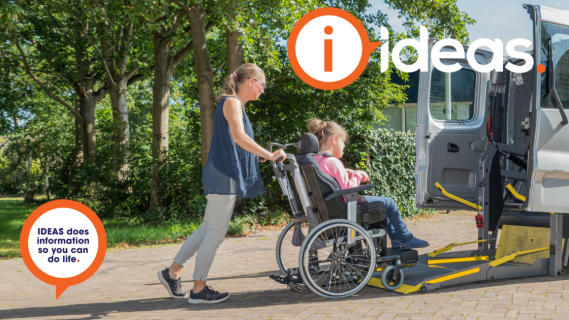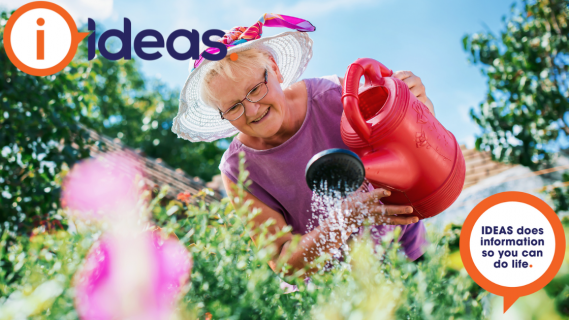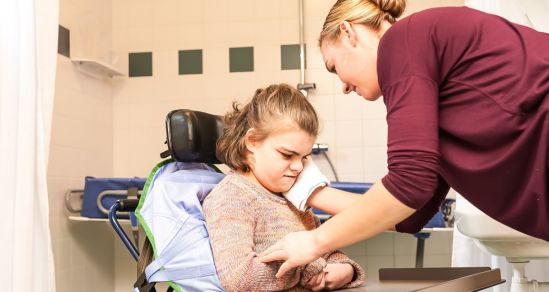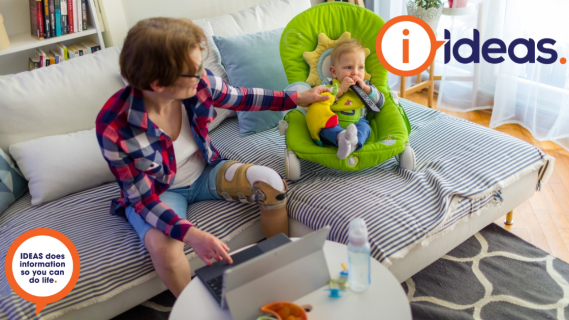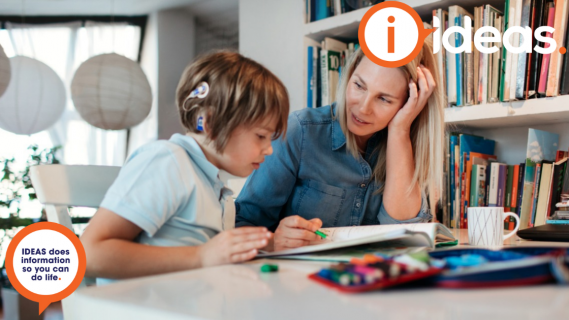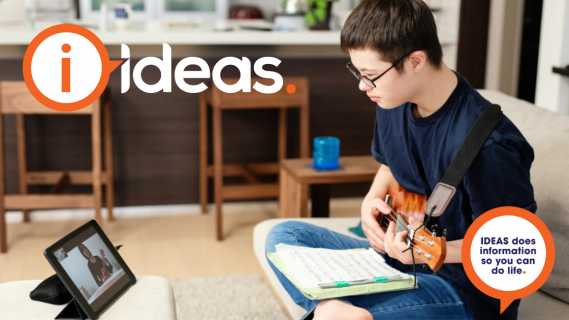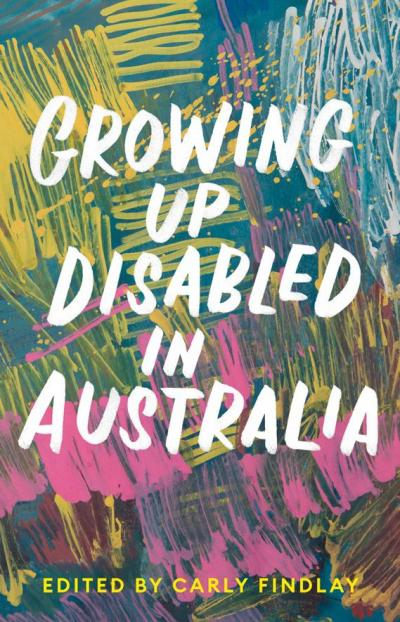Skills for life - As children grow into adults, they need to learn skills to navigate our world. Starting early gives them the best chance to learn and practice these skills before they are fully independent.
This article is about the skills they, with help, aim to develop before they leave home. Whether you are a parent, friend or support person of a person with disability, you can support them to develop life skills. We include a list of suggested skills to consider.
NSW High Schools
Life Skills program – Department of Education – Modified program – under Individual Education Plans.
Life Skills courses and content provide options for students with disability who cannot access the regular course outcomes. Particularly students with an intellectual disability.
The Year 7 – 10 Syllabus includes Life Skills outcomes and content.
In Years 11 – 12, there is at least 1 Life Skills course for each key subject area.
Students can, at any time, access Life Skills. The decision to access one or more of these courses is guided by the student’s needs and the collaborative curriculum planning process.
For more information, see NSW Education Standards on Life Skills.
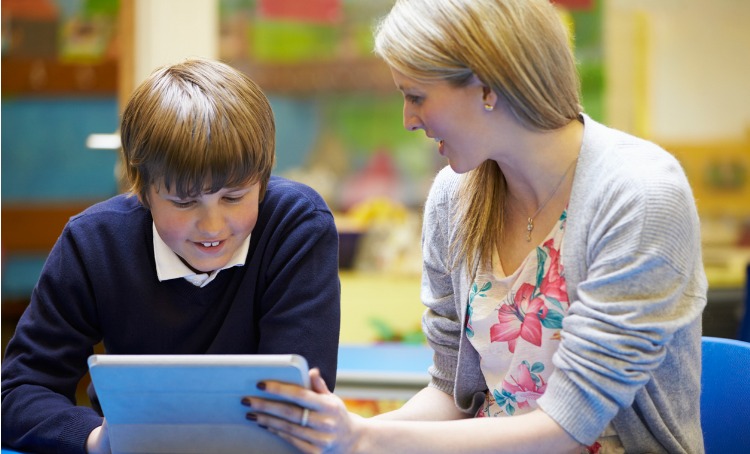
NDIS Support
The NDIS can assist participants to live independently. Again, individual needs must be considered, and you may want to consider developing these life skills in planning conversations about the goals of your NDIS plan. Supports or carers can also help with these tasks.
Core Supports
In the Core support budget, “Assistance with Daily life” is the framework around assistance and supervision of personal tasks in day-to-day life. This category includes daily personal activities, and help with household tasks to maintain the home environment.
Travel training also fits into core supports and your NDIS budget under several categories. Your LAC can explain how best this applies to you.
Capacity Building
- Daily Activity
- Home Living
- Social and Community Participation
Non NDIS participants
For Non-NDIS participants, focussing on the help of close friends and family, online free supports or services, and education providers is the key to support and developing life skills.
Online
The A list – Is an online hub for young autistic people and their families. In June 2021, they have released a week of videos around social goals.
Day 1 – Personal Care and meeting other peoples expectations
Day 2 – Problem Solving for young autistics
Day 3 – Role modelling behaviour
Day 4 – Understanding other people’s perspectives
Day 5 – Online Safety
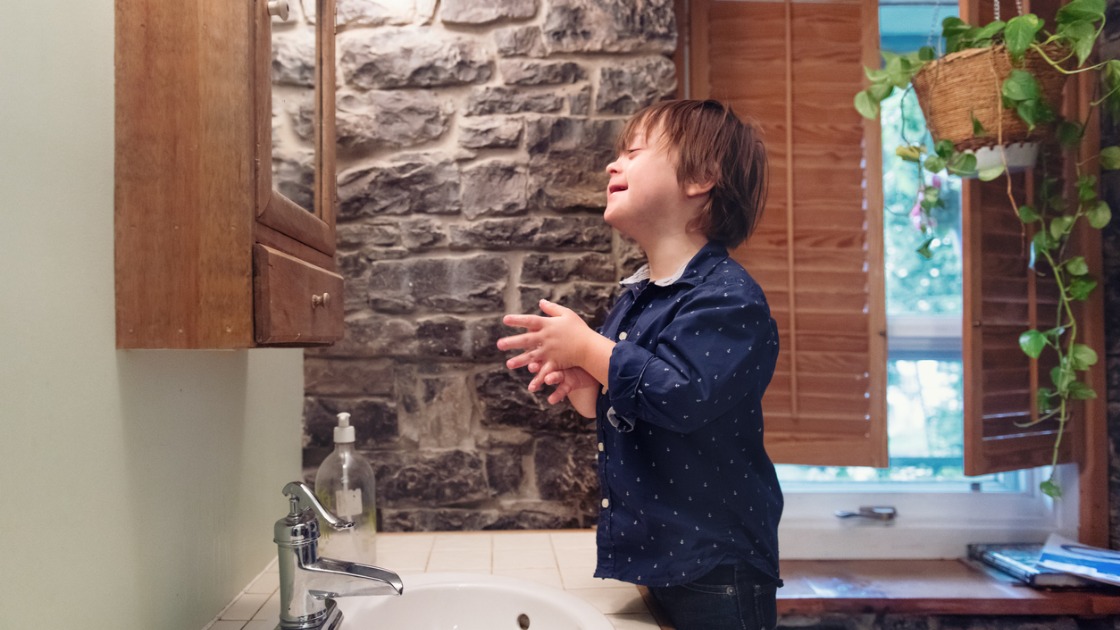
Dad, How do I?
Created by a Dad, a series of Youtube videos of useful, practical content for many basic tasks - how to check car fluids, how to cook macaroni, basic baking, how to fix a running toilet, how to shave your face, how to use basic power and hand tools and so much more. Know as the "The Internet's Dad", Rob Kenny decided to become the role model he never had.
Dad, How do I? on youtube.
Examples of life skills to encourage independence
Skills for Life List for Download
Download ![]() Skills For Life List
Skills For Life List
Hygiene
- Bathe and wash hands
- Brush and floss teeth
- Comb and style hair
- Cut fingernails
Clothes
- Dress self
- Coordinate outfits
- Put clothes in the hamper
- Fold/ hang up clothing
- Sort laundry
- Operate washing machine and dryer
- Peg clothes on the line
- Simple mending
- Ironing
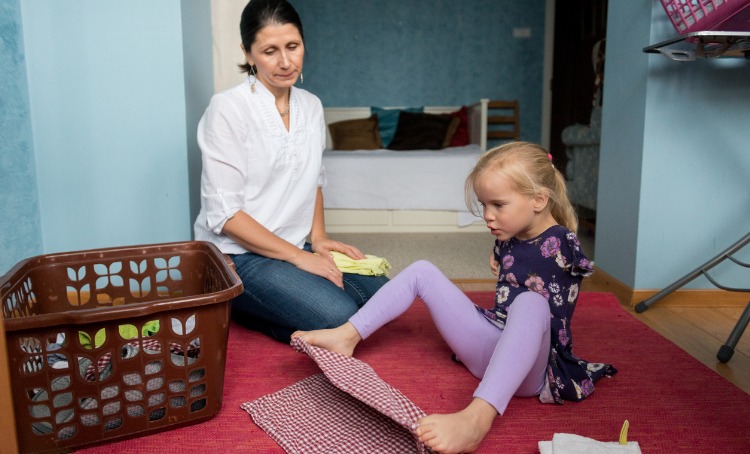
Relationships
- Conversations Starters
- Keeping in touch
- Boundaries
- Making friends
- Sexual Health
Money
- Basic Budgeting
- Savings
- Life insurance (ambulance insurance)
- What to do if a card is lost or stolen
- Paying basic bills or buying things
Car
- Clean the inside and outside
- Refuel
- Check oil
- Tyre pressure
- Change tyre
Basic Housekeeping
- Pick up toys and clothes
- Empty garbage
- Make beds
- Load/unload the dishwasher
- Set and clean table
- Handwashing
- Dust
- Vacuum
- Mop Floors
- Clean windows
- Scrub bathrooms
- Wash walls
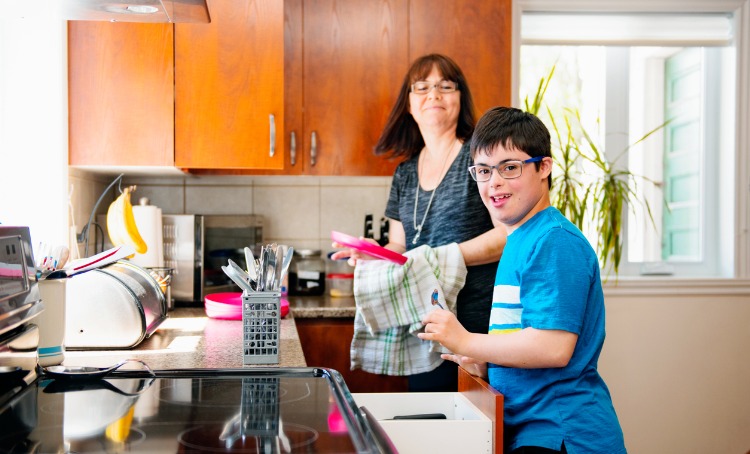
Food
- Feed self
- Basic nutrition
- Prepare simple meals
- Make juice
- Plan menu
- Organise shopping list
- Grocery shopping
- How to store produce
- Follow a recipe
Home care
- Mow lawn and weeding
- Use of basic tools
- How to change a lightbulb
- Emergency numbers
- Where to turn off water, gas and electricity
- Make bed
Social media
- Screen time control
- Healthy Social Media Use
- Where to make reports
Other
- Road safety
- Eating Out and ordering
- Basic First Aid
- Travel training
- Basic exercise
- Healthy lifestyle habits
- Hobbies
Employment
- Preparing a resume
- Attending an interview
- Workplace interaction
- Health and safety practices
- Teamwork
- Customer service
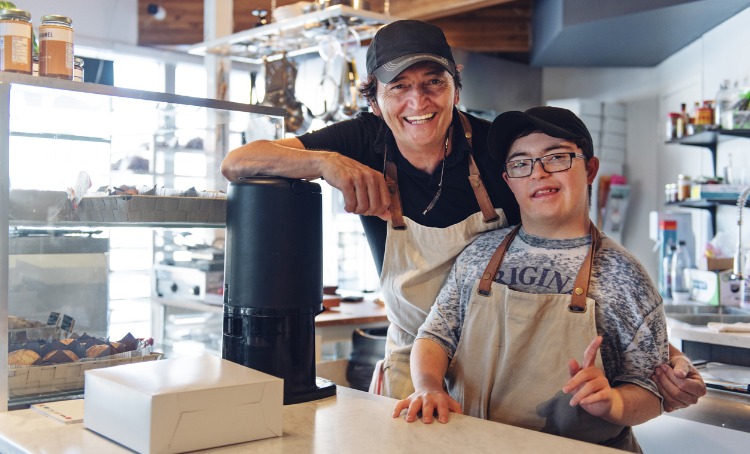
In our Blog Tips to help with chores, we have tips to help you encourage children to do chores. It also includes an approximate age-based guide to tasks.





